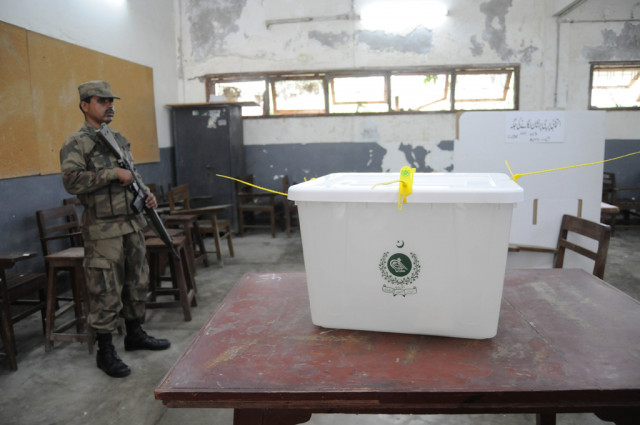Electoral reforms
The formation of this committee is a step in the right direction, but producing results is a Herculean task.

The National Assembly speaker on July 25 notified the names of a 33-member electoral reform committee, having received the list of senators who were nominated by the Upper House. They have a large job. Evaluating the shortcomings of the previous election and making recommendations that will have to get through the firewall erected by those bent on foiling their endeavours is complex and politically potentially dangerous. The 33 is made up of all parties proportional to their representation in Parliament and is tasked to report in three months — a pinchingly narrow window considering the task at hand. Already there is uncertainty about who will lead this disparate group and it is unlikely to be plain sailing given the polarised nature of the political landscape. The committee is going to have to elect its own chairperson internally. Assuming the committee holds together long enough to deliver a final report, it is to be hoped that e-voting features high on their list of reforms. The system proved to be a massive success in India this past election as it has elsewhere in the world where it has been introduced. Pakistan needs electoral reform of that there is no doubt. The formation of this committee is a step in the right direction, but producing results is a Herculean task.
Published in The Express Tribune, July 27th, 2014.
Like Opinion & Editorial on Facebook, follow @ETOpEd on Twitter to receive all updates on all our daily pieces.















COMMENTS
Comments are moderated and generally will be posted if they are on-topic and not abusive.
For more information, please see our Comments FAQ